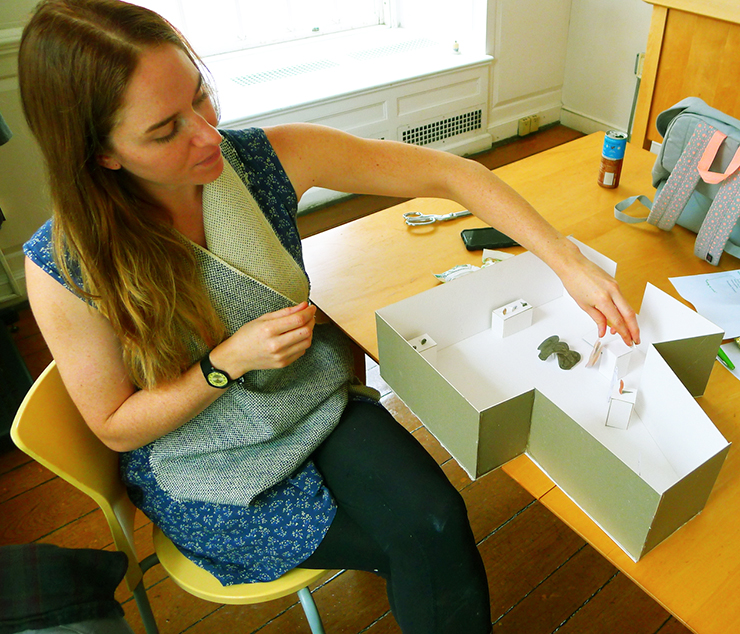At Bryant, case competitions like the PwC Challenge, held on campus Oct. 26, require students to apply analytical thinking, fact-based decision making, and collaboration to actual business scenarios.
This year’s case competition, held on campus Oct. 26, concerned the illegal dumping of hazardous materials by a corporation and ways to restore the company’s public image after the news of environmental harm went public.
As part of the challenge, team members were required to work independently to review the business case, develop a solution, and create a presentation. Each team delivered a solution to a panel of high-level PricewaterhouseCoopers (PwC) professionals, who offered feedback after each presentation. Team success was measured using three criteria: critical thinking, collaboration, and communication skills.
“Students gained valuable insight into our profession, our firm, and the issues faced by global business leaders,” says PwC Tax Partner and Bryant Trustee Bob Calabro ’88, who served as one of the judges.


